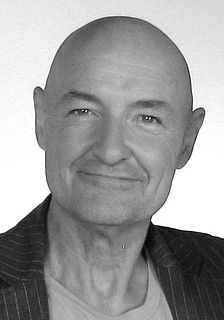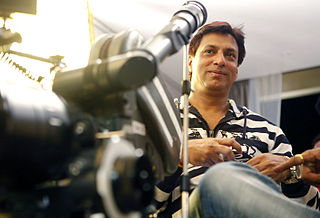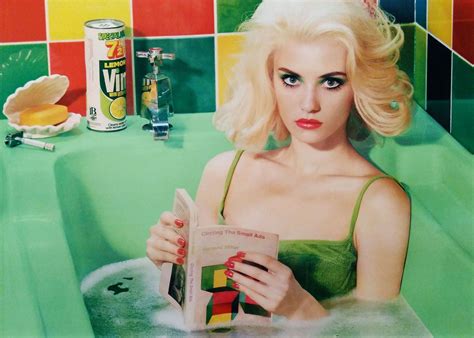A Quote by Tom Sturridge
Basically, I was a very serious film fan. I watched a lot of cinema and contemporary and European film.
Related Quotes
I'd never read 'Prince Caspian'. I watched it and loved that film. Everybody was talking about its lack of success; its relative success in comparison to the other film. It's a great film. It deserved to do a lot better than it did. It's very difficult to make a film that will match up to the first.
African films should be thought of as offering as many different points of view as the film of any other different continent. Nobody would say that French film is all European film, or Italian film is all European film. And in the same way that those places have different filmmakers that speak to different issues, all the countries in Africa have that too.
To me, a revolutionary film is not a film about a revolution. It has a lot more to do with the art form. It's a film that is revolting against the old established language of cinema that had been brainwashing the people for decades. It is a film that is trying to find ways to use sound and image differently.
I'm very, very serious about what I do. I think there are a lot of people out there sort of thinking it's anybody's game. You know, "You pick up a camera and you make a movie." My experiences over the years have taught me there's a lot more than that to making a film - there's also getting the film seen, and all kinds of complex realities.
I had to pinch myself. I got the call and didn't expect it. And right up 'til nearly the end of filming, I was thinking, 'Am I actually doing a film with Akshay Kumar?' because I was a massive Akshay Kumar fan before, and the first film that I ever watched was his and Katrina's film, 'Namastey London.'
As I had visualized, 'Heroine' is shaping up to be a very contemporary film with a different premise and strata. This film, like most of my other films, is a blend of facts and fiction. The film has a larger span, more characters, and costumes... a journey that revolves around an actress's life and the showbiz.



































